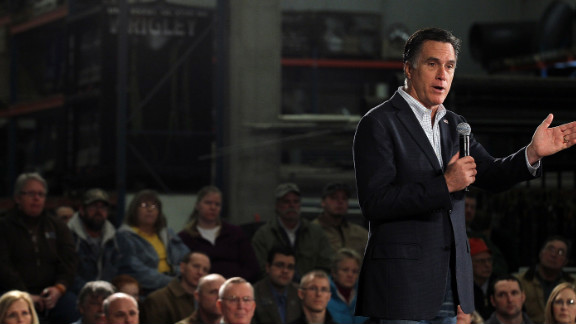Embracing Balance Understanding the Definition of Moderate Politics
In the increasingly polarized political landscape, moderate politics emerges as a philosophy that seeks to find a middle ground, promoting pragmatic and balanced solutions to societal issues. Rather than adhering strictly to the ideologies of the left or right, moderate politics fosters a spirit of cooperation, compromise, and consensus-building. In this article, we will delve into the moderate politics definition, its key principles, and its significance in promoting constructive dialogue and effective governance.
Contents
Defining Moderate Politics
Moderate politics, also known as centrism or moderate centrism, refers to a political stance that seeks to strike a balance between the ideas and policies of both the political left and right. Moderates believe in the value of finding common ground and working together to achieve practical solutions that serve the broader interests of society. They prioritize pragmatism over ideological purity and seek to avoid extreme positions that can lead to polarization and gridlock.
Key Principles of Moderate Politics Definition
Pragmatism
At the heart of moderate politics is a focus on practicality and real-world solutions. Moderates are open to considering ideas from various sources and are willing to adapt their positions based on evidence and outcomes.
Compromise
Moderates understand that no single ideology has a monopoly on all the answers. They are willing to engage in compromise and negotiation to achieve the best possible outcomes for the greater good, even if it means sacrificing some aspects of their preferred policies.
Inclusivity
Moderate politics emphasizes inclusivity and seeks to accommodate a diverse range of perspectives. By valuing diversity and respecting differing viewpoints, moderates aim to build bridges between opposing groups and foster a sense of unity.
Evidence-Based Decision Making
Moderates prioritize evidence and data-driven decision-making over rigid adherence to ideological dogma. They are open to revisiting policies based on the results they produce, making adjustments as needed.
Respectful Dialogue
Moderate politics encourages civil discourse and respectful dialogue among individuals with differing views. This approach seeks to avoid personal attacks and inflammatory rhetoric, promoting constructive debates that lead to better-informed decisions.
Significance of Moderate Politics
Bridging Divides
In an era of heightened polarization, moderate politics plays a crucial role in bridging the divide between ideological extremes. By seeking common ground, moderates promote collaboration and cooperation, fostering a more cohesive society.
Effective Governance
Moderate politics tends to promote a more stable and functional political environment. The willingness to work across the aisle allows for the passage of legislation that addresses the needs of the population and avoids legislative gridlock.
Consensus Building
Moderate politicians are often skilled at building consensus among diverse stakeholders. Their ability to find middle-ground solutions helps to bring various interest groups together and facilitate meaningful progress.
Public Appeal
Moderate politics can resonate with a significant portion of the population who may feel disillusioned by extreme ideologies. Moderate politicians who champion practical solutions can appeal to a broad base of voters seeking balanced governance.
Moderate politics offers a refreshing alternative to the increasingly polarized political landscape, prioritizing practicality, compromise, and inclusive dialogue. By embracing moderate principles, politicians can work together to address complex challenges and find solutions that benefit society as a whole. In a world where extreme ideologies can lead to division and discord, moderate politics stands as a beacon of hope for fostering unity, stability, and effective governance.



